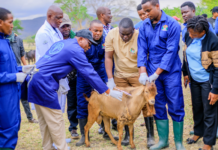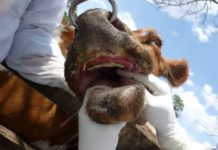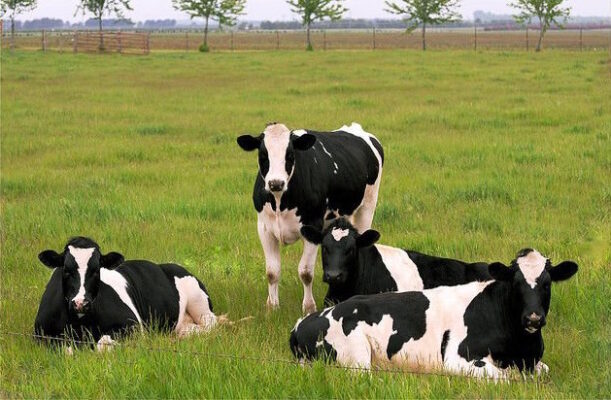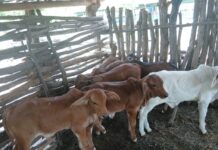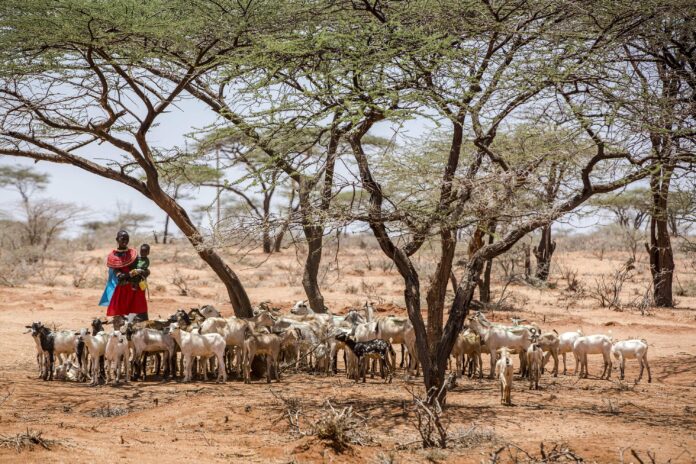
The Food and Agriculture Organization of the United Nations (FAO) and the Mastercard Foundation have joined forces to unlock livelihood opportunities for young people in Kenya’s livestock sector through a new five-year initiative launched recently.
Named Creating Shared Value in the Livestock Sector with Young People in Kenya’s ASALs (CASHA), the programme is intended to address specific obstacles that prevent young people — especially young women, persons with disabilities, refugees and displaced people — from fully participating in the livestock economy.
“Investing in the next generation is key to unlocking the potential of agrifood systems,” said Nyabenyi Tipo, FAO Representative to Kenya. She emphasized that the Mastercard Foundation’s support will help build more inclusive agrifood systems offering real economic opportunities.
Targets and partnerships
Through CASHA, FAO and Mastercard Foundation plan to transition 200,000 financially disadvantaged young people in 15 counties into dignified and sustainable work. Eighty per cent of the targeted beneficiaries will be young women.
Several partner organizations will participate, including SNV Netherlands Development Corporation, E4Impact Foundation, The Boma Project, Kenya Livestock Marketing Council, and the International Livestock Research Institute.
These partners, together with local communities and market actors, will focus on improving access to technical and entrepreneurial skills, markets, finance, and resource inputs.
Why the livestock sector matters in ASALs
The ASALs cover about 80 percent of Kenya’s land mass and are home to large numbers of pastoralists and agro-pastoralists.
These regions are major contributors to the livestock sector, holding about 60 percent of the national livestock population, with over 90 percent of the population in the ASALs depending on animals for both milk and beef production.
Livestock already plays a major role in Kenya’s economy — in 2017 it contributed about 4.4 percent of GDP (some USD 3.4 billion), and around 14.2 per cent of agricultural value-added. It also employs about half of Kenya’s agricultural labour force.
Challenges facing youth
Despite the importance of livestock, many young people in ASALs face barriers to full participation. These include lack of access to technical and entrepreneurial skills, limited access to financial services and markets, constraints in accessing natural resources, sociocultural norms hindering women’s participation, and the growing threats posed by climate change.
The Mastercard Foundation is a global organization working to advance education and financial inclusion, especially among young people in Africa. Its Young Africa Works strategy aims to enable 30 million young people across Africa to access dignified and fulfilling work by 2030.
The FAO brings technical expertise and long-standing experience in agriculture and livestock systems in Kenya and globally, enabling this programme to leverage well-established networks and community-based implementation.
If successful, CASHA could significantly improve livelihoods among youth and marginalized populations in Kenya’s ASALs, helping to build resilient food and livestock economies that are more inclusive.
As climate pressures increase and economic opportunities shift, these investments may prove crucial in ensuring that the next generation in pastoral and agro-pastoral areas has access to meaningful and sustainable work.



